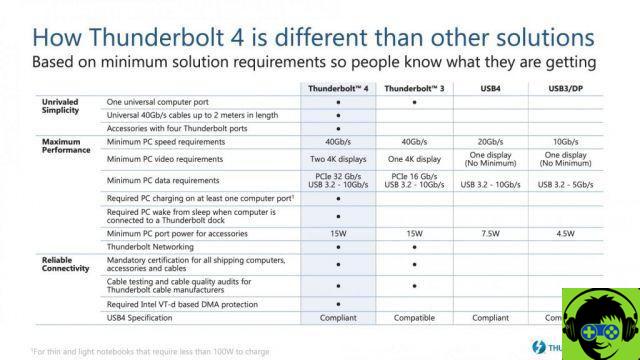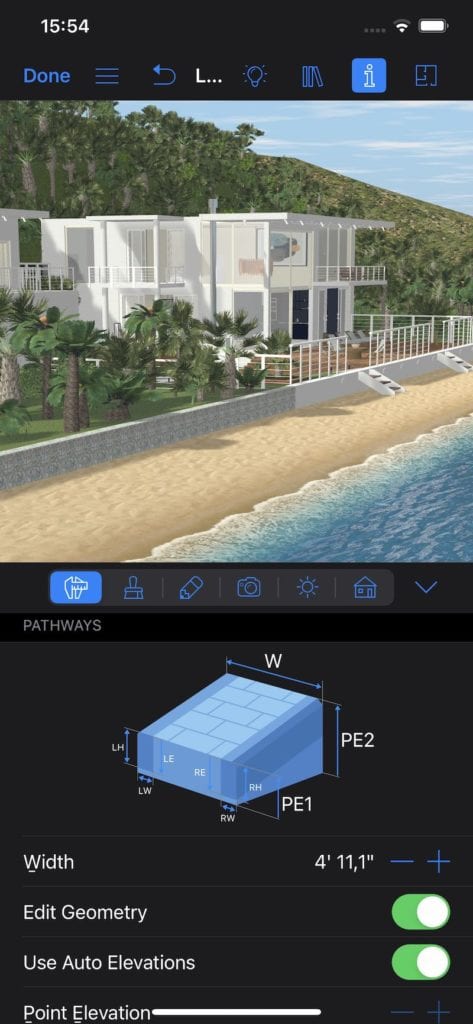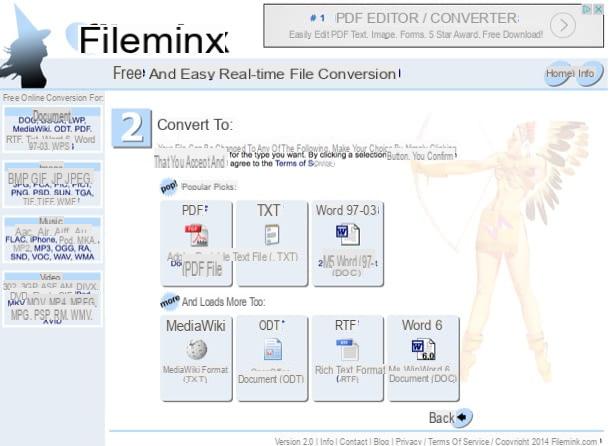The internet is a vast source of information. We can find information of all kinds. We can also find false information. That's why every time we visit a page to get information, we need to know the sources this page uses to provide such data.
Likewise, a page that we all visit when we want to search for information on the internet, it's Wikipedia. And it's really hard to find someone who has never looked for information on wikipedia.
Well, nowadays something that keeps increasing are Ubuntu users on their computers, as it is one of the best Linux distributions. Therefore, this group does not escape the need to use Wikipedia.
This is where we ask ourselves, how can i use Wikipedia from the terminal of my Ubuntu Linux system? Don't worry, because while this may sound a bit complicated, there are currently tools that facilitate this access and in this article we will explain it to you.
What is Wikipedia?
È one of the largest encyclopedias on the Internet. A site to which most of the Internet users turn when they need to consult some information. Well, its large variety of content makes it mandatory if you want to find some information.
Its content includes millions of articles covering a wide variety of topics, such as: health, economics, events, technology, bibliographies, architecture, geography, politics, history, art, culture, language, sports, among many other topics.

It is not found only in one language, as Wikipedia has articles in more than 100 different languages. Some of their articles are even available in different languages, and their content can vary from language to language.
Plus, it's a completely free website. So all the information collected in it are accessible from anywhere at no cost.
While being online, we also have the ability to download Wikipedia to your computer. This option it is completely free, then we would have the information in a more accessible way.
How to find and use Wikipedia from the terminal of my Ubuntu Linux system?
Well, the procedure is quite simple. It is important to clarify that to perform the steps you must have root access on the Ubuntu system. The steps to follow are those:
- Let's open the terminal, for them we press the following combination: Ctrl + Alt + T
- Now, in the terminal we will write the following command: sudo npm install wikit –g and hit enter.
Hello, we have already installed Wikit, our query manager for Wikipedia. Now, the format of the query is as follows: wikit . For example, if you want to query 'colombia', the query will look like this: wikit colombia.

However, the default language for queries is English. There are therefore optional indicators that we can use to get more specific results. These indicators are as follows:
- If we find it difficult to read the article in the terminal, or just want to see the full version of the article, we can open the article in a browser window with the following flag: -b
- change the query language we just have to put the following indicated, specifying the language. -lang . For example, to make a query in Spanish, it would look like this: -lang es
- If we want to change the display of the query, we have the possibility to indicate the number of characters each line contains, with a minimum value of 15 characters per line. The command is as follows: -line .
Why use Ubuntu and the terminal?
First, we can install Ubuntu from USB on the computer. This property is highly recognized by its users. In addition, this system offers us many applications that we can install from the Ubuntu terminal. As it is an open source operating system, its use is not limited to the license and can be adapted as needed.
Likewise, if it is a computer with few resources, this system can be run from the terminal. Therefore, we can perform many functions without pressing the computer. And as we could see earlier, it's quite simple.
Ubuntu has a fairly intuitive environment for users. That is why many consider it an alternative to Windows. Well, it can be used very easily. It also features the set of office automation programs that we can never miss.


























